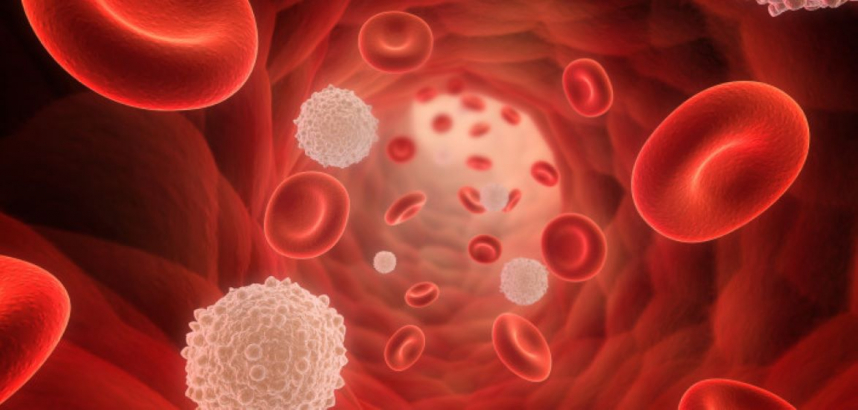
Novel triple-drug therapies are showing promise for patients with various kinds of leukemia, researchers reported at the American Society of Hematology meeting.
One trial involved 33 adults and children with relapsed or refractory advanced acute myeloid leukemia with mutations of the KMT2A or NUP98 genes.
Nearly half of the patients achieved either a complete remission or a complete remission in bone marrow with only a partial recovery of blood cell counts after treatment with a combination of Revuforj from Syndax Pharmaceuticals, AbbVie’s Venclexta, and Inqovi from Astex Pharmaceuticals, which is a combination of the chemotherapy decitabine and cedazuridine. The treatment led to an 82% overall response rate.
Revuforj, known chemically as revumenib, is the first menin inhibitor to win U.S. approval. By blocking the interaction between menin and other proteins, revumenib turns leukemia cells back into normal blood cells.
“This is a major step forward for treating acute leukemias with these genetic rearrangements,” study leader Dr. Ghayas Issa said in a statement.
In a separate trial involving 56 patients with acute myeloid leukemia, myelodysplastic syndromes, and myeloproliferative neoplasms, the combination of Servier’s Tibsovo, Venclexta, and Bristol Myers Squibb’s Onureg achieved an overall response rate of 94% and a complete remission rate of 93%, researchers said.
The three-year overall survival rate was 70.5%, and patients who went on to receive a stem cell transplant had a three-year overall survival rate of 94.7%.
“This triplet regimen is safe, well tolerated, and provided impressive response rates for those enrolled in the trial,” said Dr. Jennifer Marvin-Peek, who presented the study at the ASH meeting. “The results we are seeing position this triplet regimen as a potential standard-of-care option.”
In another trial of patients with previously untreated chronic lymphocytic leukemia, a triplet regimen of Eli Lilly’s Jaypirca, Gazyva from Roche, and Venclexta achieved high rates of undetectable measurable residual disease.
After 13 cycles, the undetectable MRD rate among 41 evaluable patients was 98% in bone marrow and 100% in blood. With more sensitive tests, MRD rates were 80% and 85% in bone marrow and blood, respectively.
“We were extremely impressed by the results of this frontline triplet regimen for our patients, as we observed some of the highest depths of remission we have ever seen in patients with CLL,” study leader Dr. Nitin Jain said in a statement.
“Today, we have several patients who are no longer on the therapy and are monitored by regular blood MRD testing.”
All three researchers cited above are at the MD Anderson Cancer Center in Houston.